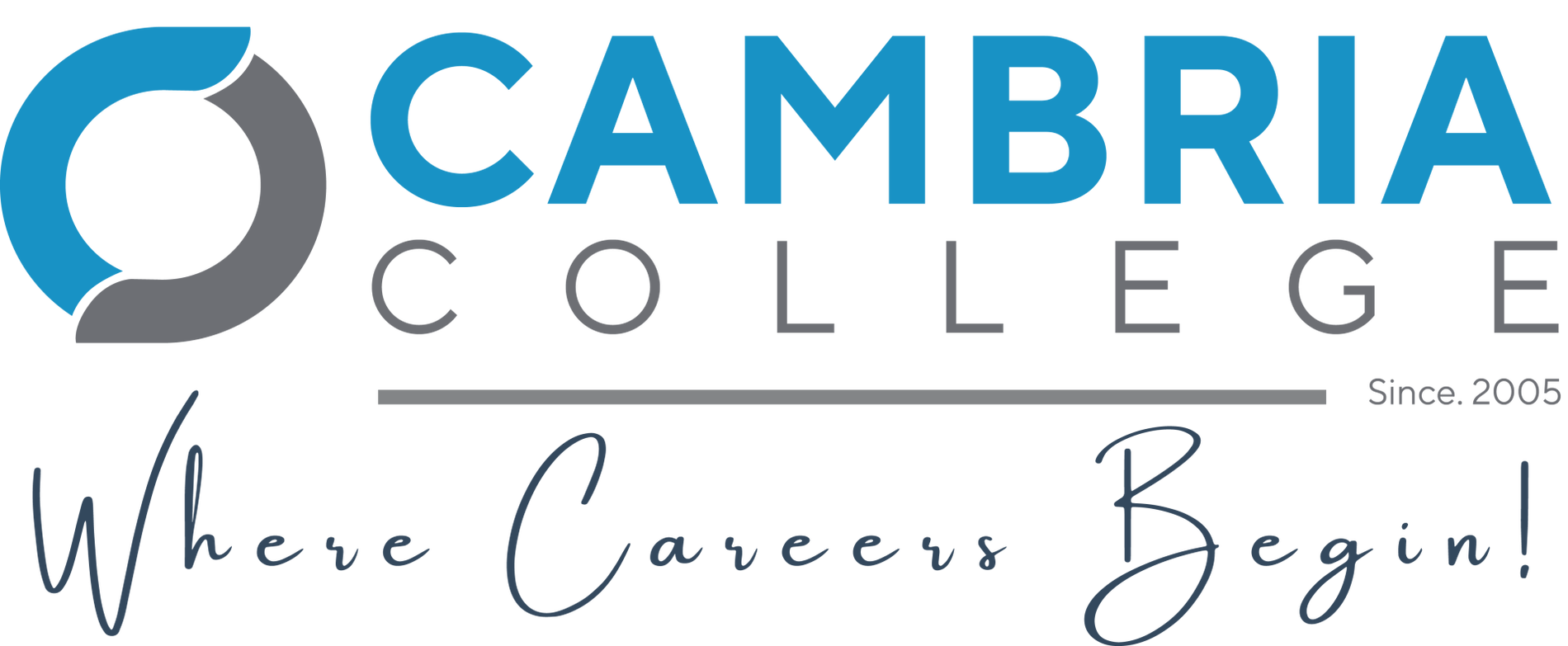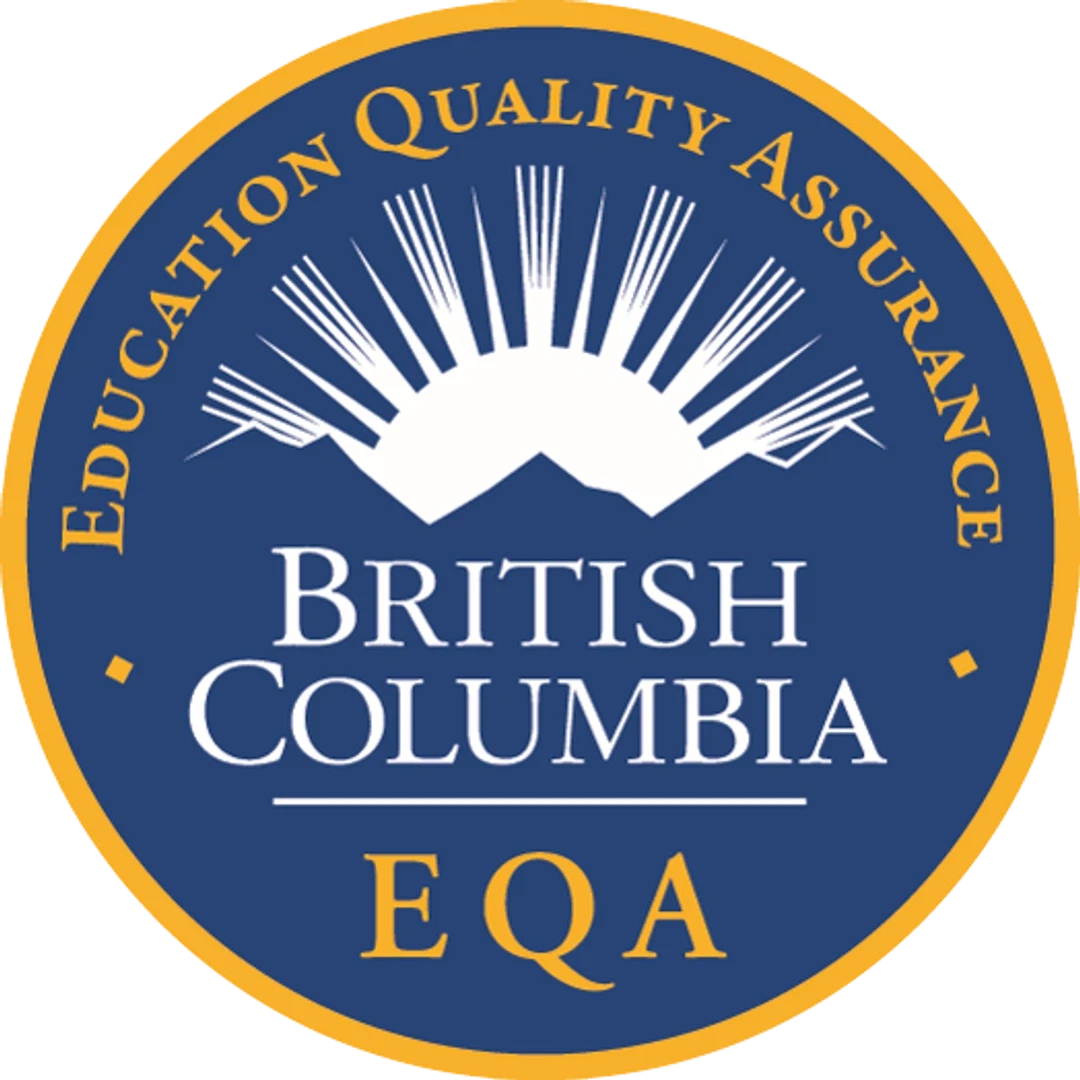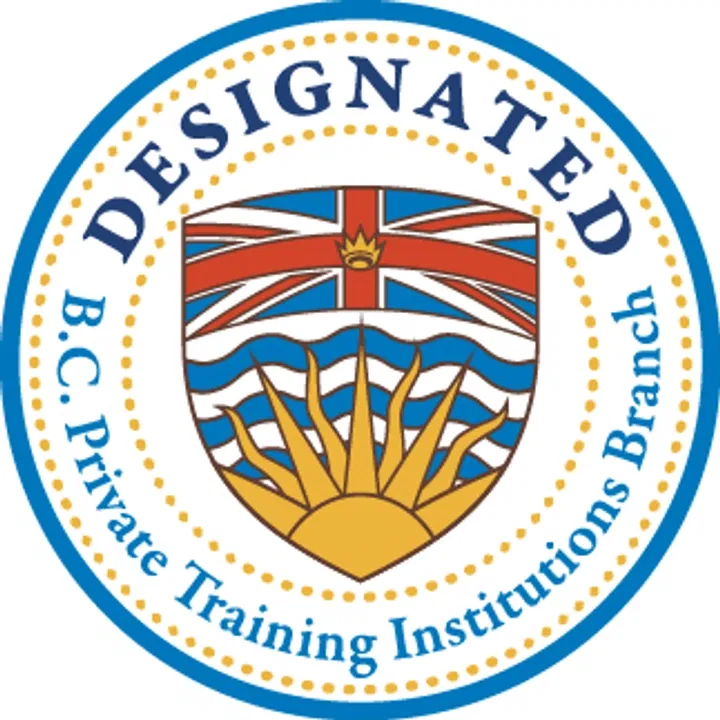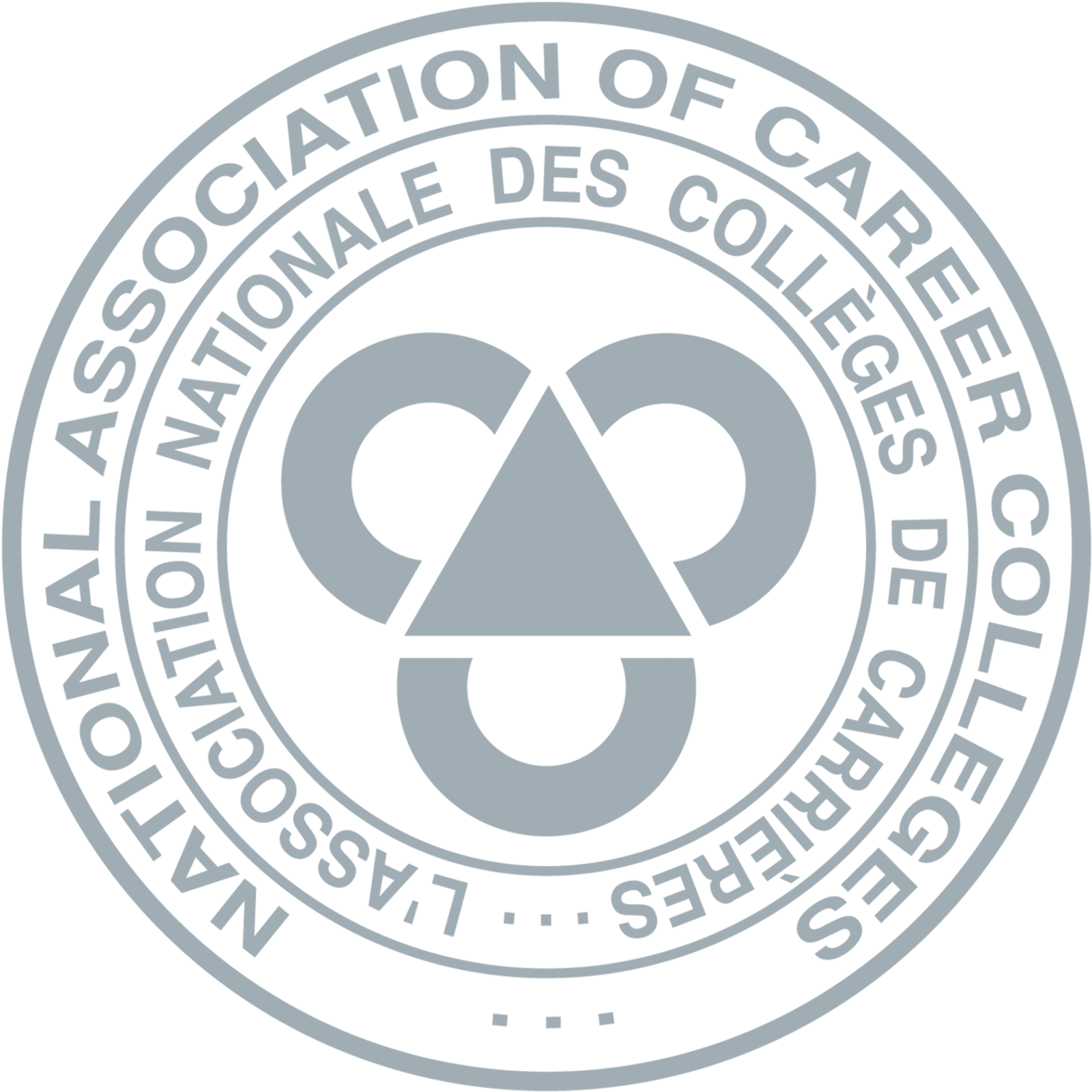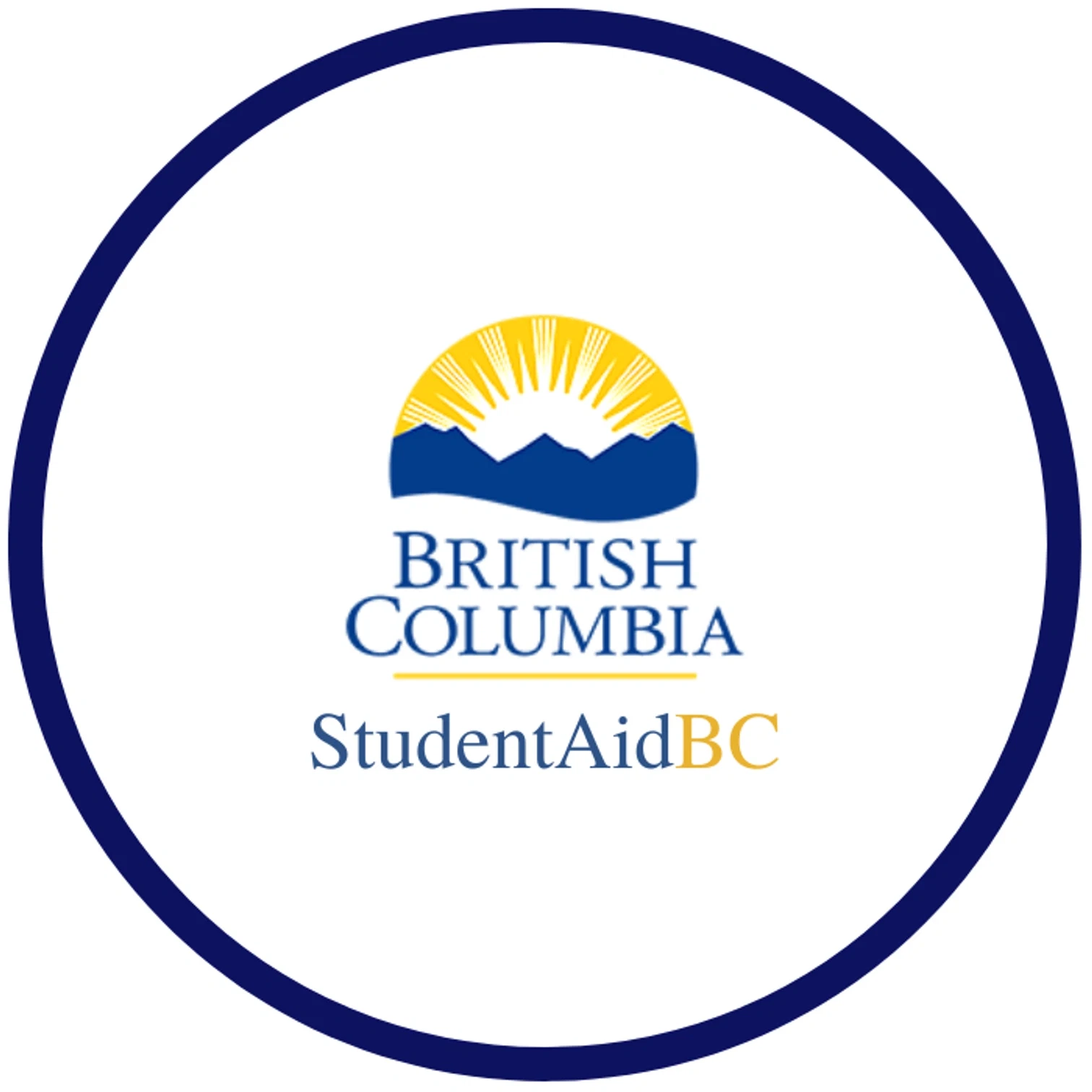
Teachers in the education industry frequently encounter challenges in managing their classrooms effectively. To enhance the learning environment and better support their students, many educators depend on education assistants. These assistants not only help with administrative tasks, such as preparing materials and organizing lessons, but also provide direct support to students who may need extra help. Their presence allows teachers to focus more on instruction while ensuring that each student receives the attention they need to thrive academically and socially.
What is an Education Assistant?
An education assistant plays a key role in a classroom setting. They often assist a teacher with lesson plans by preparing the necessary materials and equipment. In some scenarios, they will review the course content with students in a smaller setting or, in some cases, one-on-one. You will often find these individuals also participating in training sessions, parent meetings, and staff meetings.
Additionally, an education assistant will ensure the classroom maintains sanitary requirements and supervise students during lunch, on field trips, or outside of class periods. In other cases, you will see an educational assistant helping teachers understand a problem or issue a student is facing and suggest solutions.
Roles and Responsibilities of an Education Assistant
Depending on the educational setting you’re in as an education assistant, you may face a variety of different roles and responsibilities. Some of these roles and responsibilities include:
- Taking classroom attendance
- Supervising students during lunch or outdoor activities
- Work with the teacher to determine the outline for future assignments within the classroom
- Create and develop presentations that coincide with the teaching materials or textbook
- Provide physical, emotional, and educational support for students with special needs
- Leading excursions and curriculum content for events and activities through all levels of students
- Assist with fostering positive interactions with a student’s family or guardian
- Support specific student’s educational requirements for their Individualized Education Plan (IEP)
- Communicate with teaching staff and/or counseling professionals to assist with progress assessments and the implementation of IEP goals.
Regardless of your role as an education assistant, you play a vital part in helping students, teachers, and the classroom thrive.
Skills and Qualities of an Education Assistant
When determining if an education assistant role is the right career path, you may want to consider some of the skills and qualities that you often see in an education assistant.
- Compassion: As an education assistant, you will work with a diverse range of students, each with unique needs and personalities. As a result, it is essential to demonstrate empathy and concern for each student.
- Flexibility: Often, in a classroom, things may not go exactly as planned. Therefore, you may need to adapt and be flexible to meet the classroom’s needs. From this, you will be able to showcase your ability to adapt, think on your feet, problem-solve, and critically-think.
- Patience: When working with students, you may encounter situations where they do not fully comprehend or understand; therefore, you will have to be patient as they navigate through the lesson plan or classroom setting.
- Communication: A key element for an education assistant in the classroom is the ability to communicate effectively not only with teachers and students but also with school staff and families.
- Organization: As an education assistant, you will help ensure the classroom, as well as the teacher, stays organized. By staying organized, you can facilitate smooth classroom transitions and provide a sense of stability.
Education Assistant Programs
Many individuals seek out educational assistant programs to acquire the necessary skills needed to thrive in the classroom. For example, one program that individuals could pursue is Cambria College. The college offers a 36-week* educational assistant training program in British Columbia. The Education Assistant Program at Cambria College is designed to prepare individuals for a career as an academic assistant by providing them with a solid theoretical and practical foundation, which enables them to assist students who are identified as having exceptional educational needs or developmental disabilities.
The course curriculum for the Education Assistant Program includes:
- Business Computer Applications
- Role of an Education Assistant
- Inclusive Education
- Child Development
- Augmentative and Alternative Communication
- Professional Communication for an Education Assistant
- Students with Behavior Differences
- Autism Spectrum Disorder
- Applied Behavior Analysis
- Exceptional Learners
- Supporting Communication and Language Development
- Supporting Personal Care
- Supporting Learners with Fetal Alcohol Spectrum Syndrome
- Career and Employment Strategies
- POPARD: Introduction to Autism Spectrum Disorders
- First Aid and CPR/AED Level C Certification
- Non-Violent Crisis Intervention (NVIC Certification)
- Workplace Hazardous Material Information System (WHMIS)
- Practicum
Additionally, Cambria College ensures that students within the program have comprehensive learning objectives, including working under the direction of school staff, assisting in the modification and adaptation of curriculum to meet individual learning needs, promoting and modeling positive prosocial behaviors in all aspects of their role, and more.
Career Outlook for an Education Assistant
When exploring potential career paths, a crucial factor to consider is the projected trajectory or outlook for that profession. For instance, in the field of education assistance, Work BC anticipates a promising future, forecasting approximately 7,110 job openings from 2023 to 2033[1]. This insight not only highlights the demand for qualified education assistants but also suggests a dynamic and evolving landscape within the educational sector, one that is full of opportunities for growth and development.
Ready to Take on an Education Assistant Program and Become an Education Assistant Today?
Pursuing a career dedicated to helping students learn, thrive, and achieve their full potential can be one of the most rewarding paths available. For those considering an education assistant program, Cambria College stands out with its comprehensive and well-structured curriculum designed to equip aspiring education assistants with the essential skills and knowledge needed for success in the classroom.
By choosing Cambria College, you are taking a significant step toward a fulfilling career in education where you can make a meaningful impact on the lives of students.
Additional Information/Sources
*Program length when completed in normal time.
https://cambriacollege.ca/programs/education-assistant/
https://ca.indeed.com/career-advice/finding-a-job/what-does-educational-assistant-do
